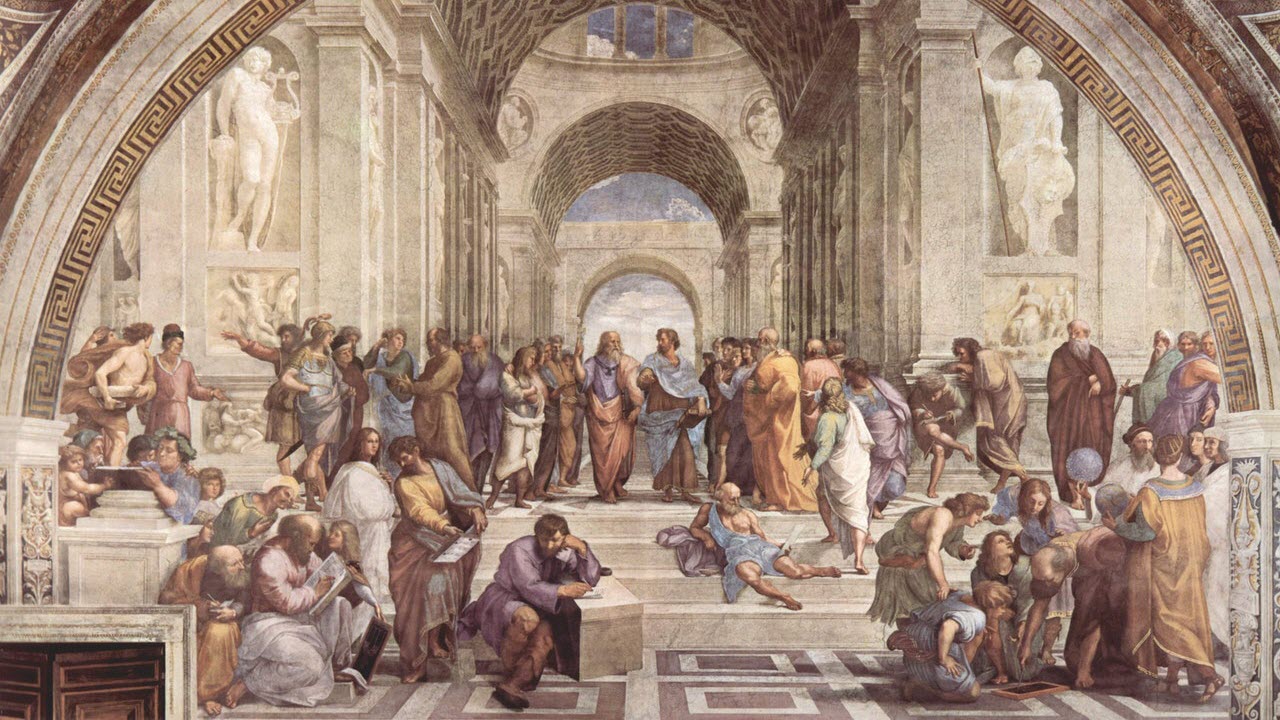
Started by Bernard Rice on 2015-01-21 at 09:54
I have a conceit I've used on all my full-length plays. I add a page of text at the end that is my commentary on my play.
The only comments I've ever received about doing this have been negative—one called it the "playwright purging page”—but I feel those persons really didn't get why I included it.
Playwrights today are generally discouraged from writing parentheticals in speeches, and from writing too-long stage directions, particularly if they are perceived to tread on a director’s territory. I focus primarily on the text, hope that the text makes pivotal actor and directorial choices inevitable, and honor the much-touted separation of the disciplines: playwright, actor, director.
What I do to provide myself some relief from these restrictions is to put one page of commentary at the end of each of my full-length plays. One purpose is to violate the restrictions outlined above where it’s important to me, to share my vision of a moment or moments.
But I have other reasons to include this commentary. I include it also because often my plays have dumb shows, periods of action where things are done by the actors to a particular end. I must suggest in the play, in stage directions, what those actions might be. But it would be tedious to suggest alternatives within the script. I suggest alternatives in my commentary at the end, to emphasize that it’s the ends I have in mind, not the specific actions needed to achieve them. I might have described those ends in the script itself, but when I did so, it felt pedantic and esoteric or worse. There are also, it seems, a slough of “technical” issues that I at least feel I have the right, even the obligation, to mention. But again, I agree that they don’t belong in the script itself. (When I say “a slough,” remember I keep my commentary strictly to one page only.)
Two final observations.
The first is to emphasize I feel that commentary page is useful and necessary, even, for any number of reasons. Ironically, the person who dubbed it a “playwright purging” page in the same breath told me I need commentary at the end of my play to note the texts characters were quoting from to allow the director and actors to look them up for themselves.
The second is that the first time I thought of the commentary page, and wrote one, was for a play that had incidental music which I had composed. I wanted to at least have the opportunity to say, here’s the music I’d use… but of course, that’s the Sound Designer’s perogative.
Roger replied...
This is an interesting practice, Bernie. Sort of a twist on Shaw's tendency to include long, narrative stage directions -- except that his were meant to set the stage, and yours seem meant to "reset the stage" or at least view it in retrospect.
I suppose the utility of your notes to the director and actors varies according to the script and purge contents. But if you restrict yourself to only one page for the notes, it seems unfair to label them as "purges." It sounds like they're simply grist for the artists' mills.
Bernard Rice replied...
I guess it's my lot in life to take so much in stride, but then trip-up on matters that, while they seem obvious to me, are often invisible or inconsequential to others. Yet as most artists have their own vision, I think most of us at times see things that, for others, aren't there.
Another way of looking at that commentary page is that I'm presuming development and production of my play. Writing those comments, I at least get to imagine that my play is in development or being produced and that the team mounting my play needs input from me to make their lives easier and to understand the playwright's intentions.
So because it's an extra, and because some respectable persons have opined it's uselessness, or worse, I think in future I'll keep such notes to myself until development or, be still my heart, a production of a play of mine is actually happening.
Thanks as always, Roger!


0 Comments